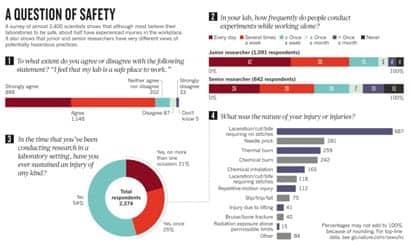Epic Sciences Inc, San Diego, has commenced a collaboration with the Abramson Cancer Center of the University of Pennsylvania on multiple studies to explore biomarkers, identified by analysis of circulating tumor cells (CTCs) at a single-cell resolution, that are predictive of response to personalized cancer therapeutics.
“Successful treatment of cancer depends on understanding the heterogeneity of the patient’s tumor burden and the driving genetic alterations behind disease progression,” says Murali Prahalad, PhD, president and CEO of Epic Sciences. “Research conducted at the Abramson Cancer Center will enable faster development of novel personalized treatments that are able to address this heterogeneity.”
The Epic Sciences No Cell Left Behind CTC detection and characterization platform is used to quantify the proteomic and genomic changes that accumulate in tumor cells over time and in response to successive rounds of therapy. Following a simple blood draw, the Epic Sciences platform can detect all categories of CTCs in the blood, and identify, on a single cell basis, subpopulations of metastatic cancer cells that may be resistant or susceptible to cancer therapeutics. While other technologies may exclude CTCs that do not adhere to assumptions about size or surface markers, the Epic Sciences platform has an unbiased detection approach in which all nucleated cells are analyzed.
The research teams at the Abramson Cancer Center will use Epic Sciences’ CTC detection and analysis platform to explore the heterogeneity of a diversity of cancer types, with a focus on genomic and phenotypic markers that help to better understand the utility of existing therapies and potential new drugs.
“Cancer is a complex, heterogeneous disease in which both genotype and phenotype change throughout progression,” says Erica Carpenter, MBA, PhD, director of the circulating tumor material laboratory and research assistant professor in the division of hematology/oncology at Penn. “We therefore need to utilize the most innovative technologies that allow us to study disease resistance.”
Epic Sciences recently announced its platform’s capability to subject a single CTC to both proteomic and genomic analyses, including deep sequencing of known cancer genes. The approach enables further precision to help evaluate early signs of drug resistance that could influence therapy selection, including the use of combination therapies.
For more information, visit Epic Sciences.






